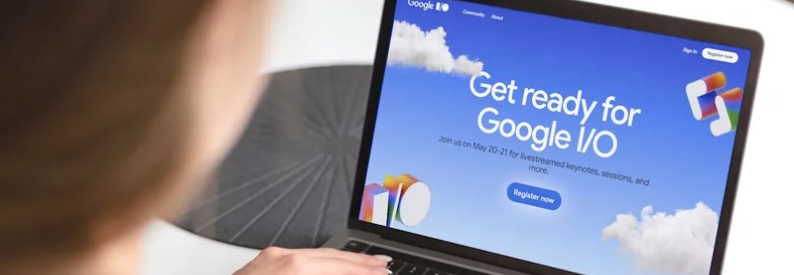Google I/O Signals Rapid AI Disruption for Travel

Google’s I/O 2025 keynote confirmed a seismic shift from traditional search toward AI-first discovery and booking, and travel businesses must adapt quickly or risk invisibility. CEO Sundar Pichai revealed that Gemini now drives 400 million monthly users and processes 9.7 trillion tokens each month—50 times 2024 levels—while seven million developers are building on the platform.
The headline announcement, AI Mode, replaces Google’s familiar list of 10 blue links with a single synthesized answer generated by Gemini. Live this week in the United States and expanding globally, AI Mode already handles 1.5 billion users and shows up in 200 territories, driving double-digit growth in AI-eligible queries. Travelers can ask lengthier, highly specific questions—two to three times longer than before—and receive instant overviews that integrate hotel, flight and “things to do” content without leaving the results page.
Coming this summer, Deep Search will add personal context by drawing on Gmail, Google Docs and other in-house apps, turning the search bar into a personalized travel concierge. At the same time, Project Mariner introduces agentic AI that can transact on a traveler’s behalf. One early use case, an agentic checkout for fashion retail, watches prices and completes purchases automatically; the same framework will soon handle flights, rooms and tours, letting suppliers drive direct bookings inside Google’s ecosystem.
These changes threaten the visibility of third-party content in favor of Google’s synthesized truth. Travel brands must publish structured, authoritative data that Gemini can parse and rank, because blog posts and review sites may no longer influence travelers’ decisions. OTAs that rely on paid placement could see traffic siphoned off by agentic answers that steer users to supplier sites or in-stream bookings.
Generational trust will be won or lost on accuracy and transparency. To remain competitive, hotels, airlines and attractions need enriched inventory feeds, real-time pricing and availability surfaced through Google’s AI channels. Marketing teams must also budget for “AI optimization,” ensuring brand language and product attributes are understandable by large language models.
Beyond search, Google unveiled tools that further collapse inspiration, planning and payment into a seamless flow. Gemini Live will let users point a phone camera at a landmark and receive instant context, directions and itinerary suggestions. Upcoming AI-powered glasses, built with Gentle Monster and Warby Parker, will bring this functionality into a hands-free, spoken interface—a potential guide replacement that reduces the need for traditional tour commentary. Real-time speech translation in Google Meet and AI-generated video with Veo 3 can help multilingual staff and property marketers lower production costs while serving global audiences.
For travel executives, the message is urgent: restructure content, pricing and distribution pipelines to integrate with Gemini’s APIs, invest in schema-based product data and prepare inventory for agentic booking flows. As Pichai noted, AI was mentioned 92 times and Gemini 95 times during the keynote; with Google aligning every consumer touchpoint around these models, the industry faces its biggest transformation since online booking emerged.
Related news: https://airguide.info/category/air-travel-business/artificial-intelligence/, https://airguide.info/category/air-travel-business/travel-business/
